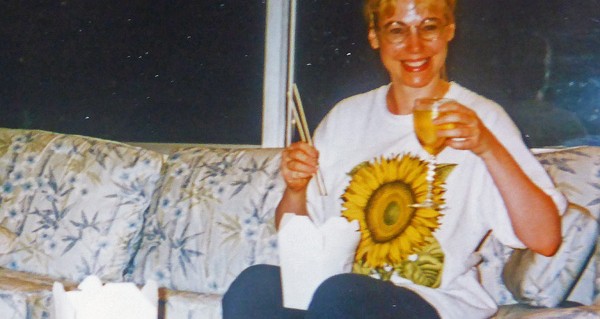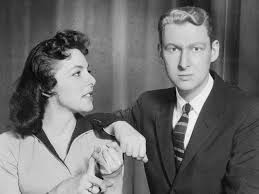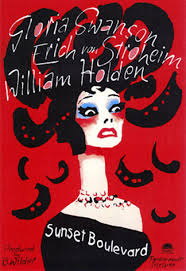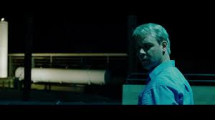Category Archive: FILM
The Phoney Chinese Box in Film

L found one in New York!
Walk into any Chinatown in the world and you will struggle to find these. You can buy them online but they are not cheap. Yet they seem to show up, unbilled, in every other film and television show. Our list is below, suggested additions are welcome: Affliction AGL gas advertisement Anchorman: the Legend of Ron Burgundy The Bank Bewitched Big Bang Theory Bobby Borgen (Danish TV) Bugsy The Caretaker Catch Me if you Can Columbo Curb Your Enthusiasm Decoding Annie Parker Deconstructing Harry Dexter Election End of Days Eternal Sunshine of the Spotless Mind Family Guy A Few Good Men…
Continue Reading →Vale Mike Nichols

NOVEMBER 19, 2014 VALE Mikhail Igor Peschkowsky (Mike Nichols) November 6, 1931 – November 19, 2014 Nicholls was multifaceted, building a career in live comedy, theatre, films and television. Though he had a reputation as a golden boy (making his film debut Who’s Afraid of Virginia Woolf? directing Burton and Taylor, cleverly innovating techniques to enhance the claustrophobic intimacy of that night from hell, and winning a best director gong the next year by casting against stereotype in The Graduate) he had as many flops as hits but they remained interesting. His routines with Elaine May in the 1950s and…
Continue Reading →Sunset Boulevard
(dir. Billy Wilder) (1950) Creepiest of black comedies as wisecracking opportunist from Ohio (William Holden) encounters Old Hollywood (Norma Desmond, aka Gloria Swanson) with her major-domo, Erich von Stroheim, with fatal results. This Paramount classic with a sensational script is still the very best film ever made about Hollywood. After this classic, the pictures got smaller. From Schwabs to the golf course at Bel Air, to Norma Desmond’s crumbling palazzo, this faded Sunset grandeur is vindication alone for olden golden Hollywood…
Continue Reading →The Insider
(dir. Michael Mann) (1999) Cancer man and chemist Jeffrey Wigand (Russell Crowe) is shown the door but his erstwhile Big Tobacco employer strikes again when he breaches the confidentiality agreement. 60 Minutes producer and crypto-saint Lowell Bergman (Al Pacino) is busy inducing that in aid of the effort to expose what everyone already knows: smoking is bad for you. Compelling and clever; rich performances, particularly by Crowe and Christopher Plummer as the 60 Minutes host, Mike Wallace (both characters the most compelling throughout by far, because they face genuine, human, crises of conscience).
Continue Reading →



